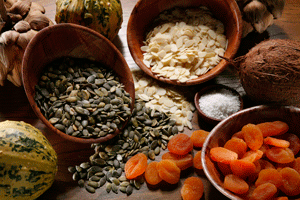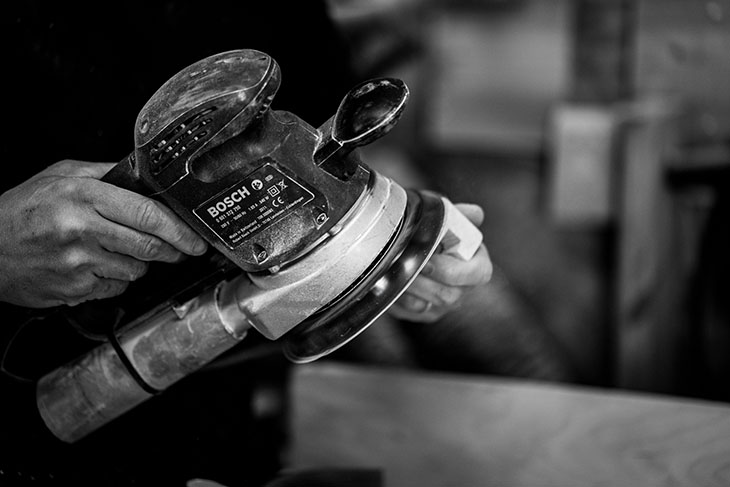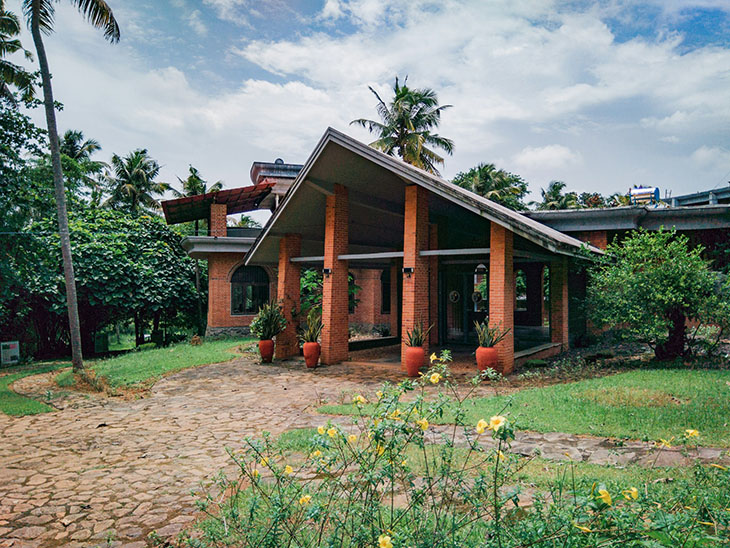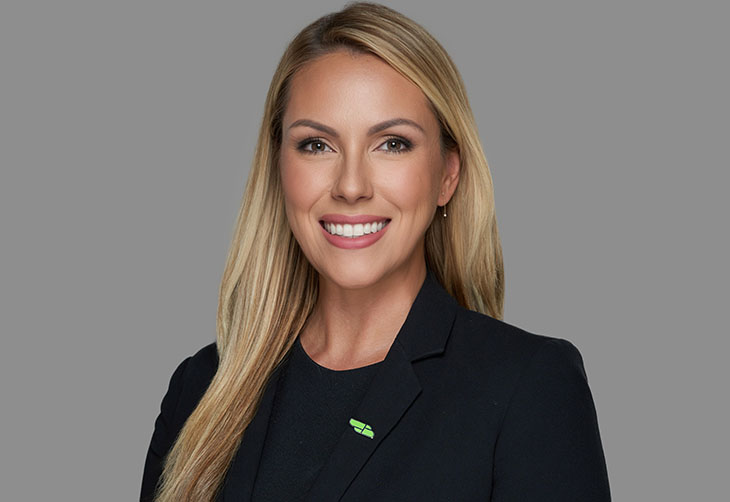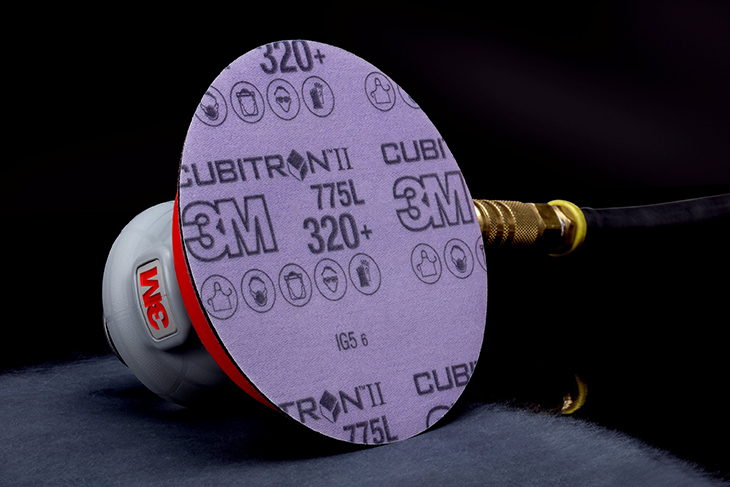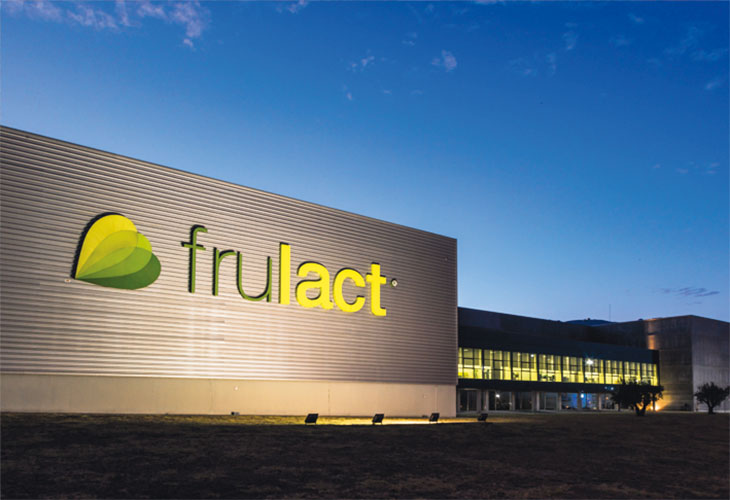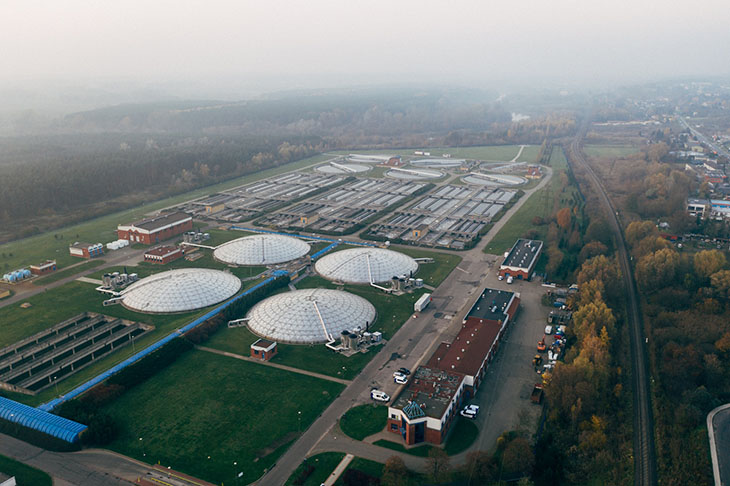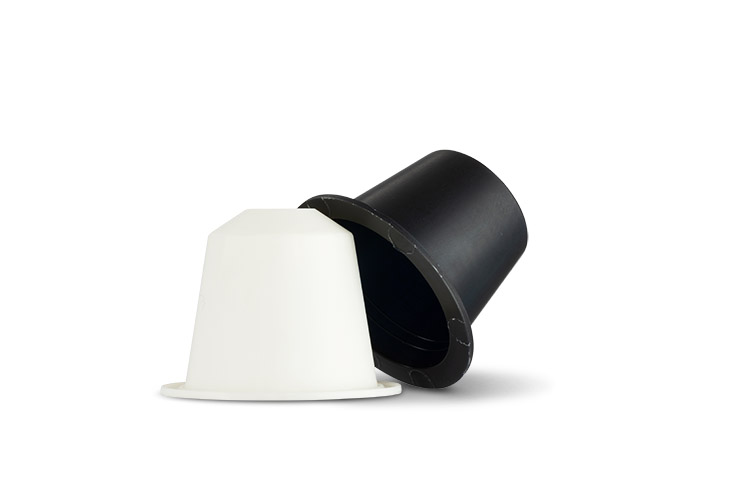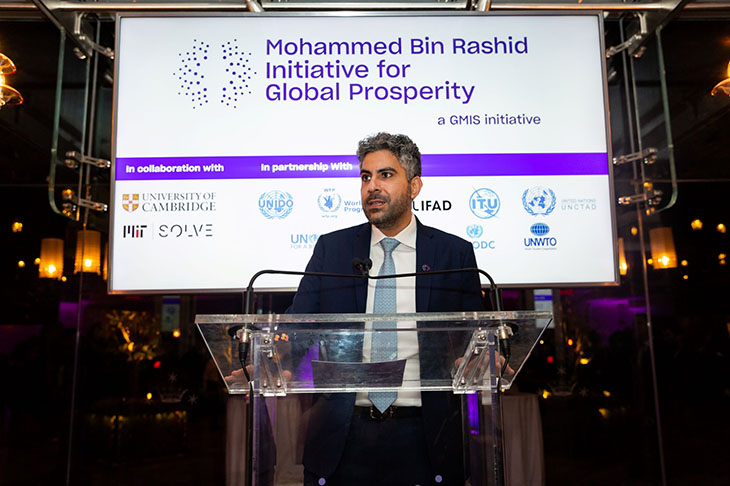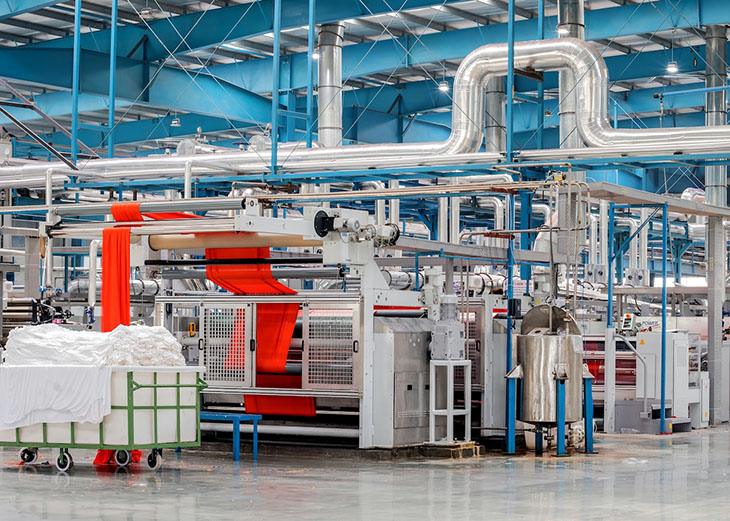For nearly 20 years now, Atlanta Poland S.A. (Joint-Stock Company), Gdańsk, Poland, has been taking due care to provide Polish Customers with top quality delicacies such as raisins, nuts, almonds and figs.
Over these years, the business has managed to build up a good rapport with suppliers all over the globe, launch its own production lines, go public and implement all the necessary quality assurance systems. As a result, it can now provide jobs for more than 200 people in Gdańsk and Dąbrowa Górnicza.
Proven Track Record
The initial stages of Atlanta’s activity, just like the beginnings of Polish private enterprise, go back to the political transformation of the late 80s and early 90s. To be more precise, it was in 1991 that the company came into being; a warehouse at first, it has developed ever since to become the leader of the dried fruit and nuts industry. Built over the years by the management, its status is reflected well in the statistics. The company’s rapid growth, for instance, can be demonstrated by the fact that its sales figures have multiplied more than 10 times since the early 90s. As far as the crucial items on the market are concerned, Atlanta Poland’s share in it reaches nearly 30 percent. Every year, the company does a roaring trade selling around 28,000 tons of goods and receiving about 1,400 ship containers of fresh produce, which arrive in Gdańsk from all over the globe. So much for the figures. Now for the facts. The first steps which proved pivotal for Atlanta Poland’s future position on the market were taken in 1997, when the managers decided to diversify the company’s activity. Hitherto imported and sold raw, hazel nuts, peanuts and almonds were to be processed, too. This allowed the company to avoid dealing with distributors and, consequently, cut down on the expenses incurred by purchasing already processed products. Nothing can win the Customer’s trust better than good value for money and that decision was taken exclusively with a view to their satisfaction. Initially, the production involved only nuts being diced, but the series of investments in cutting edge technology, including brand new blanching and roasting machines, soon made it possible to launch the state-of-the-art production lines. Hence the foundations for the modern machine park were being provided, where nowadays nuts and almonds are being comprehensively processed. This involves the following stages: roasting, blanching, sorting, dicing and milling, which finally yield marzipan and arachipan dough. These facilities were also extended with a vacuum packaging line. Atlanta Poland’s management made another key decision in 2005, when they set out to transform the business into a joint-stock company. Going public induced some risk of course as the enterprise has ever since become exposed to the fluctuating mood of the stock-exchange. However, it also secured additional funding and offered scope for further growth. The years that followed revealed that the risk once taken would sooner or later pay off. For the business being successful largely depends on the entrepreneur, just as the stock-exchange demand does. It is enough if you work hard and know how to invest properly. From then on, the company’s sales figures soared by between 10 and 20 percent every year just to reach their climax in 2008. This boosted the company’s sprit and it soon embarked upon the largest strategic investment up till now. In August 2009, Atlanta Poland S.A. took over Bakal Center Sp. z o. o (LLC), Dąbrowa Górnicza. It should be also added that Atlanta Poland’s branches in Gdańsk and Dąbrowa Górnicza provide jobs for 140 and 57 people respectively.
Market with Potential
Foreign trade being a main branch of Atlanta Poland’s activity, its location perfectly serves this purpose. The company’s headquarters, which include warehouses and office buildings (their overall space and volume taking up 12,000 square metres and 45,000 cubic metres respectively), are situated in Gdańsk, Pomerania. Being just off the coast of the Baltic Sea guarantees prompt access to seaports in Gdańsk and Gdynia, which remain all the more important as the business relies heavily on seaborne supplies. This is how raw produce from all over the world is shipped to Poland, including the company’s specialities such as: both raw and roasted peanut and hazelnut kernels, desiccated coconut, almonds, sultanas and Greek raisins, sesame seeds, dried prunes, pistachios and sunflower kernels. The President of the business, Mr. Dariusz Mazur, told us why Atlanta Poland is dealing in organic food. He also elaborated on the potential of the organic food market: “There is a market for dried fruit and nuts, just as there is for organic food. Dried fruit and nuts help us create a balanced diet and they are a rich source of essential minerals such as calcium, zinc and magnesium. These enhance metabolism and have many other advantages, too. Dried fruit are becoming an important item on our menu because Polish consumers, just like other Europeans, are getting more and more aware of what they eat. However, the consumption of dried fruit is still relatively low in Poland. Hence this market shows great potential. We do our best to exploit it.”
On the Agenda
To take full advantage of the situation on the market, Atlanta Poland S.A has devised a careful strategy. Its agenda includes four basic points. First and foremost, quality. “There is no better way if you want to win consumer trust, be it large-scale business partners or individual clientele. Our top priority is to meet their requirements properly. For this reason, we have implemented ISO 9001 and HACCP quality assurance systems,” highlights Mr. Mazur. Secondly, affordable price. It is possible to maintain competitive pricing because the delicacies on Atlanta’s offer are purchased directly from their producers. Thirdly, thoughtful management. Young yet experienced, managers at Atlanta Poland had a number of chances already to prove that they know what they are doing. This is well reflected in the company’s accounts which show that, even in the face of current economic crisis, Atlanta Poland is still making profit. Last but not least, technology. “We keep on improving our machine park to increase efficiency and diversify the offer. Before we launch new products, we consult our ideas with the Clients. We know that a decent survey of their preferences will help us meet market demand. Hence Customer feedback is at the top of our agenda,” adds Mr. Mazur. This is how Atlanta people create new items on offer, including three brand new Bakal Fit blends: Tropical, Natural and Premium. These products have been created for young active people who nevertheless have a sweet tooth and count calories, too. Thus, a group of designers have come up with the composition of nuts, fruit and seeds which goes nicely with any yoghurt, dessert, salad or muesli. Tasty and aromatic, it will turn an ordinary breakfast into a journey to remote and exotic islands.
Quality Assurance
Finally, a few words on the quality policy. High processing standards being their top priority, the management created a special team dedicated exclusively to this task. They were to develop a foolproof system which would give the guarantee that Atlanta products are being excellent and secure. For this reason, the business launched a series of staff training courses and soon after that proceeded to implement ISO and HACCP. The whole process proved successful and smooth. In February 2001, Atlanta Poland S.A was awarded an ISO 9001 certificate and, in May 2003, received an HACCP certificate, the latter in compliance with Codex Alimentarius 1997. In 2008, this collection was further extended by a BRC certificate. Is the company complacent about it? Nothing of the sort, these certificates make the business work all the more harder to enhance the system and improve products and services. After all, these certified quality systems are subject to internal audits. These are held on the company’s premises and involve inspections run either by the trading partners or by Lloyd’s Register Quality Assurance representatives. What is being checked? Firstly, the two separate nut roasting lines. Located in the factory floor of more than 500 square metres, they boast a collective hourly output of over 2000 kg per hour. To meet the growing demand, they have to operate on shift system. Secondly, the machines for manufacturing marzipan, arachipan, nut paste and nut pulp. This production line is in turn located in the factory floor of over 200 square metres. It is thanks to this equipment that Atlanta Poland is able to turn out top quality products. These have proven to be a key factor in gaining recognition of the international retail corporations controlling the Polish market.
Prospective Targets
To conclude, a brief presentation of the targets the business is going to meet in the near future. As Mr. Mazur summarises: “Our main objective is to maintain the sales figures we reached in 2008. This will help us secure necessary cash flow. As we increase sales of processed products, we also strive to build up our position in B2B. We do not assume that the sales will go up by between 10 and 20 percent, but our plan remains ambitious all the same. We have to bear in mind that the crisis has not come to an end yet.”
Written by Bartosz Sowiński









